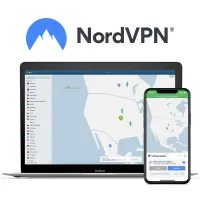Are VPNs legal?
An expert guide to understanding the legality of VPNs in various countries
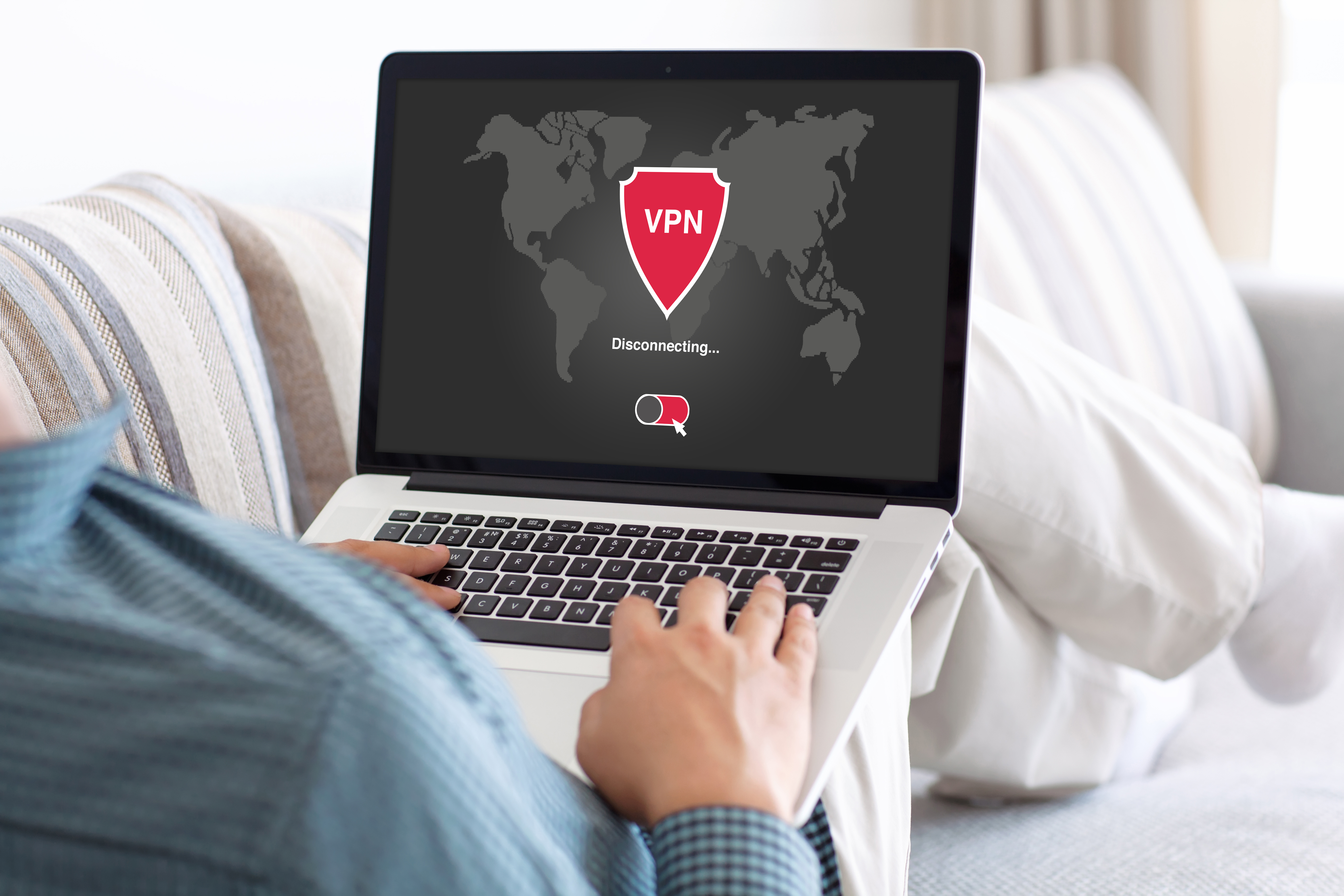
Here at Tom’s Guide our expert editors are committed to bringing you the best news, reviews and guides to help you stay informed and ahead of the curve!
You are now subscribed
Your newsletter sign-up was successful
Want to add more newsletters?

Daily (Mon-Sun)
Tom's Guide Daily
Sign up to get the latest updates on all of your favorite content! From cutting-edge tech news and the hottest streaming buzz to unbeatable deals on the best products and in-depth reviews, we’ve got you covered.

Weekly on Thursday
Tom's AI Guide
Be AI savvy with your weekly newsletter summing up all the biggest AI news you need to know. Plus, analysis from our AI editor and tips on how to use the latest AI tools!

Weekly on Friday
Tom's iGuide
Unlock the vast world of Apple news straight to your inbox. With coverage on everything from exciting product launches to essential software updates, this is your go-to source for the latest updates on all the best Apple content.

Weekly on Monday
Tom's Streaming Guide
Our weekly newsletter is expertly crafted to immerse you in the world of streaming. Stay updated on the latest releases and our top recommendations across your favorite streaming platforms.
Join the club
Get full access to premium articles, exclusive features and a growing list of member rewards.
If you're looking to unblock content from across the globe, keep your data safe from prying eyes or anonymize yourself on the internet, then using of of the best VPNs will help you achieve this. This is down to its ability to encrypt your browsing data and mask your IP address.
Due to their anonymizing and content unblocking abilities, VPN bans have gained momentum, especially in countries that don't want citizens to get around the internet censorship laws put in place by the government.
This has led to VPN useage being restricted, or even made illegal in a number of countries. These restrictions can be in a range of different ways, either via only allowing government-approved providers, severely reducing the VPN's usefulness by instructing them to only allow users to access specific sites, and blocking all access to content, websites and social media platforms banned by the government. Under these restrictions, trying to access the blocked content is illegal.
Even in countries where VPN useage is completely legal, using a VPN to access the region-locked content libraries of streaming services or gaming platforms may be against their terms of service, and can even result in your account being terminated. Another important thing to note is that while using a VPN may not be illegal, committing illegal activity while using one still is.
One thing's for sure – there's a lot of conjecture around the legality of VPNs. Here, we'll attempt to clear the air and end any confusion around this topic.
The best VPN on the market: NordVPN
In our testing, we found NordVPN to be the very best VPN. Not only does it have excellent privacy and some of the fastest speeds we've seen, it also unblocked every streaming site we tested it with.
You can get your hands on it from just $2.99 per month (paid $80 upfront, including three months free), and you can try it out risk-free thanks to its 30-day money-back guarantee.
Is using a VPN illegal?
No, using a VPN is not illegal in most countries around the world, but the situation is slightly different and a bit more nuanced in privacy-invasive countries like China, Russia, and Türkiye as well as countries that like to maintain strict internet censorship.
While the US and UK, for example, feel that it is perfectly alright for their citizens to use a VPN to protect their privacy on the internet as well as access geo-restricted content, other governments ban or restrict VPN usage for more or less the same reasons, for example they don't want their citizens to access specific content like news channels, social media platforms, or websites harboring offensive or harmful content such as pornography.
Additionally, VPNs can be used to stay anonymous on the internet—they hide the user’s real IP address and route their internet traffic through encrypted “tunnels” therefore hiding their online activities and communication. So, government authorities resort to banning VPNs for national security concerns or for surveillance and control.
For example, VPNs in Myanmar have come under heavy scrutiny because the military there wants to maintain its strict censorship of the internet. The proposed law reads that if you are caught using a VPN in Myanmar without obtaining express permission from Myanmar’s Ministry of Transport and Communications (MOTC), you can face up to three years of imprisonment and/or a fine of up to US $2,500. This is similar to what Iranian citizens are facing, too.
The most important thing to remember regarding the legality of VPNs is that the activities that are illegal when you are not using a VPN are still illegal when you are. In other words, even in regions where VPNs are legal through and through, using a VPN does not negate the illegality of the activity—and you may be caught using a VPN even if your IP address is masked.
It is also worth noting this is a controversial and volatile area, with governments constantly debating the scope of VPNs and whether their use aligns with how they would like their citizens to tinker around with the online world. So, the situation in any given country may change drastically at any time with the introduction of a new law.
For the same reason, it is recommended that you do a little research if you are traveling to a country with sensitive VPN laws—although there have been no reports of travelers being punished or their devices confiscated for using a VPN.
Where are VPNs illegal?
The list of countries that have either completely banned or heavily restricted VPNs is a long one. Let’s look at them one by one to understand their current stance on VPN usage.

China
It is not officially illegal to use a VPN in China. However, only those VPNs are allowed to operate in the country that follow the Chinese government’s internet censorship and regulation system, often known as “The Great Firewall of China.”
If you are caught using an unlicensed VPN that does not comply with local regulations, you can be slapped with a massive penalty, put in jail, or even lose your job.
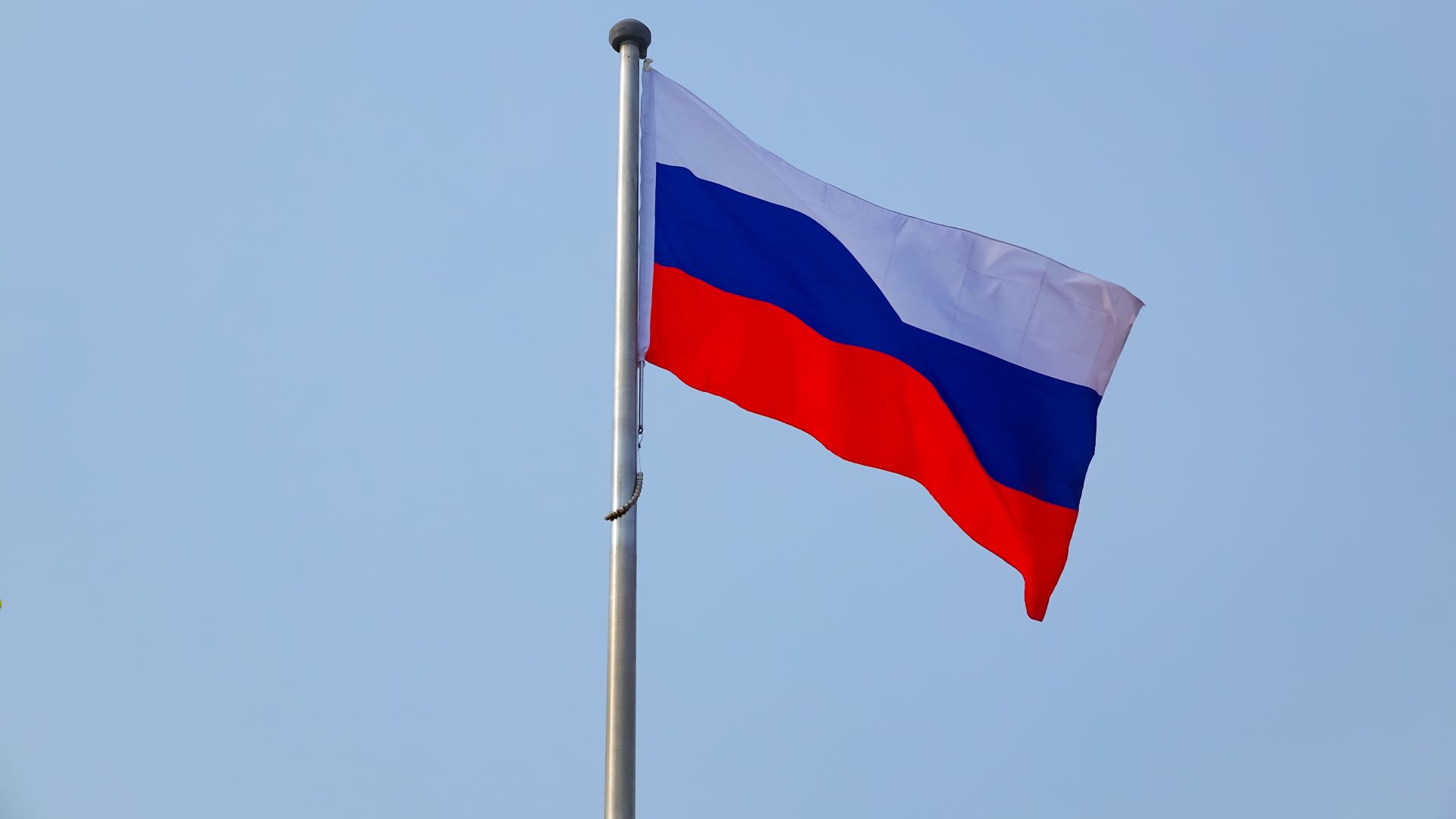
Russia
The VPN situation in Russia is very similar to China—VPNs are legal but heavily restricted by the government. All approved VPNs must operate within the Kremlin’s legal framework and block access to websites and content that have been banned by the government.
Not only that, but they must also log user data and provide it to the government for inspection. The best workaround is to use an independent VPN with class-leading obfuscation—just make sure you install it before heading to Russia.
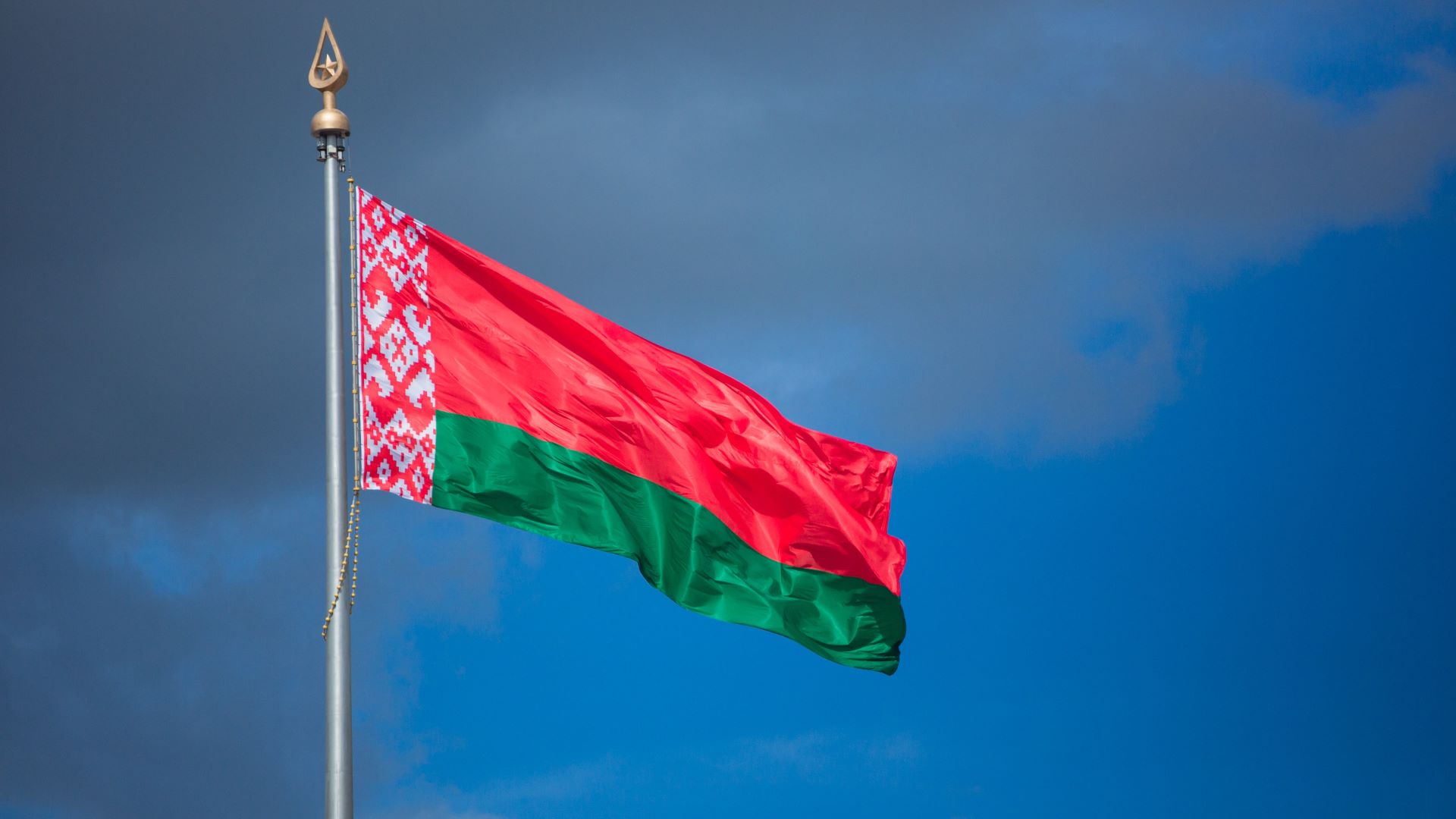
Belarus
All VPNs are completely illegal in Belarus as the government there does not want its citizens to use the internet anonymously. For the same reason—and to suppress dissent, restrict free speech, and prevent anti-government sentiments from spreading—the Belarusian government has also banned the Tor Browser and messaging apps like Signal and Telegram. If you are caught using a VPN, it could result in a hefty fine.
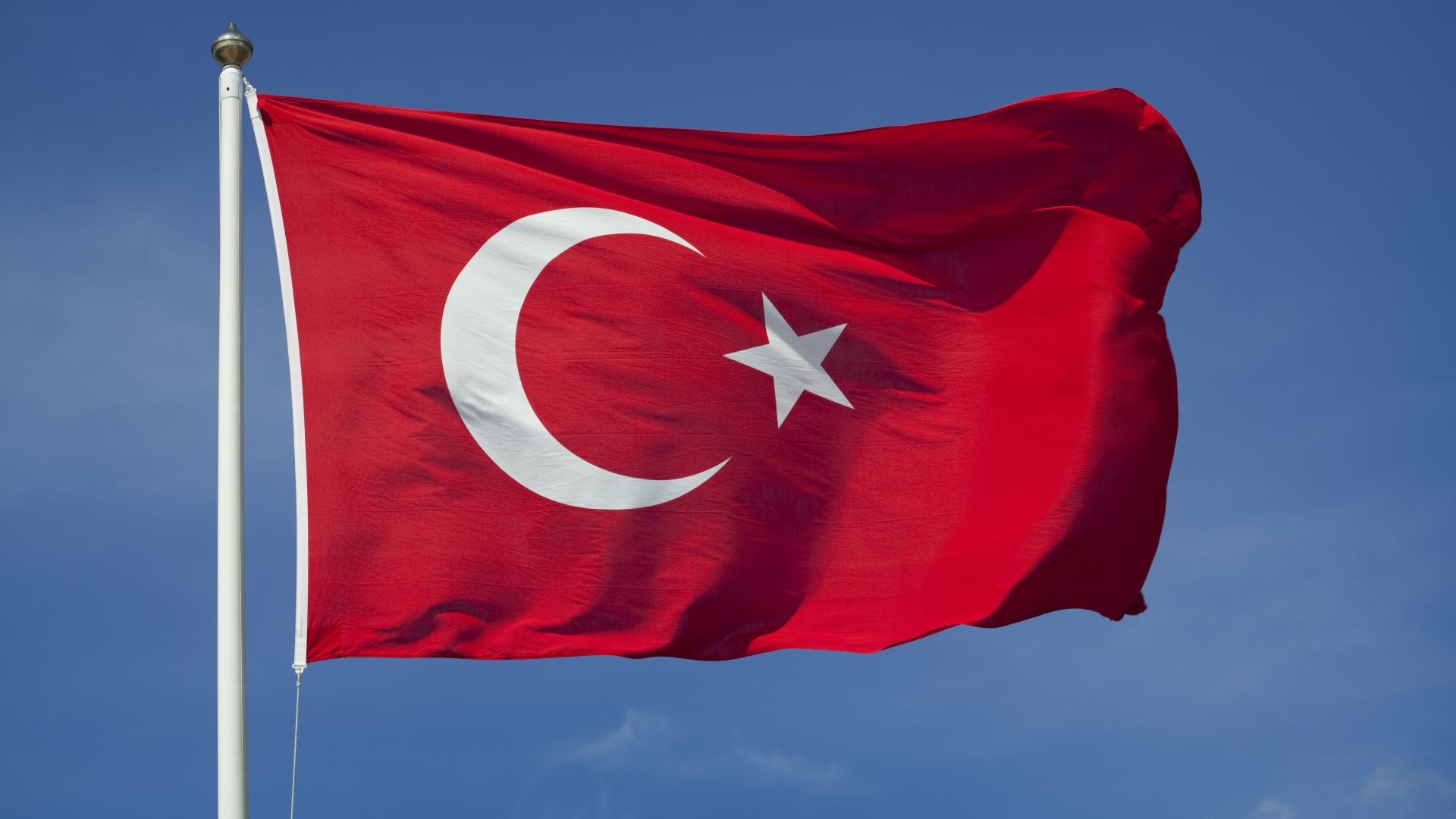
Türkiye
Much like China and Russia, Türkiye, too, is dead set on internet censorship. Citing reasons of national security, the Turkish government has banned all major VPN providers as well as the Tor network, news channels, websites, and social media platforms including Wikipedia, Facebook, YouTube, and Twitter.

Iraq
The Iraqi government, since 2013, has banned all VPN providers and defaulters can land up in jail for a year if found using a VPN. Plus, unlike China, Russia, and Türkiye, there is no such thing as government-approved VPN providers in Iraq.
The primary reason for such heavy censorship is to prevent the spread of polarizing content and terrorism—there were reports claiming that ISIS had been hiring people through the Internet. Although Iraq’s internet censorship powers are not as potent as China's or North Korea’s, it can still block social media platforms as and when it deems necessary.

United Arab Emirates
VPNs, although legal in the UAE, have to comply with the government’s strict regulations to operate freely. This includes the complete banning of all offensive and harmful content such as those involving pornography or political dissent. What’s more, the government has also banned VoIP apps like WhatsApp, Skype, and Facebook—to maintain a monopoly on these services.
While the rule reads that anyone caught using a VPN in the UAE to access the aforementioned restricted content can have to pay a fine of roughly $550,000 or face temporary imprisonment, there have been no real-world instances where such a punishment has come to pass.
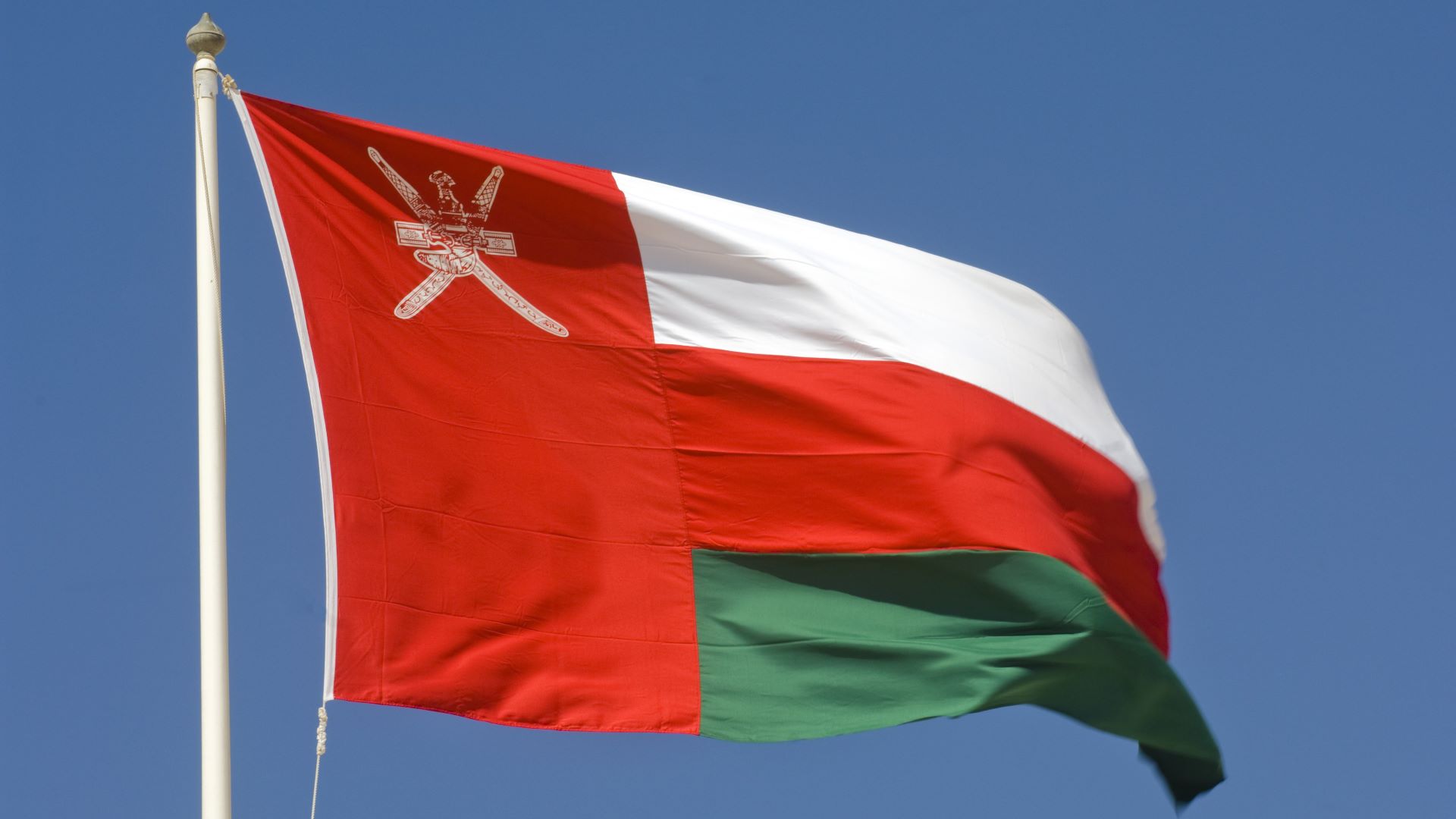
Oman
Like the UAE, the Omani government likes to maintain airtight control of the internet as well. It allows VPNs to operate but only under the condition that they block objectionable content such as pornography and drug use. If authorities catch you using a VPN to access banned content, you may have to pay fines of up to $1,277—nowhere as steep as in the UAE, but certainly significant.
Plus, if you are an institution or organization in Oman, you must obtain express permission from Oman’s Telecommunications Regulatory Authority (TRA) to be able to use a VPN as a business.
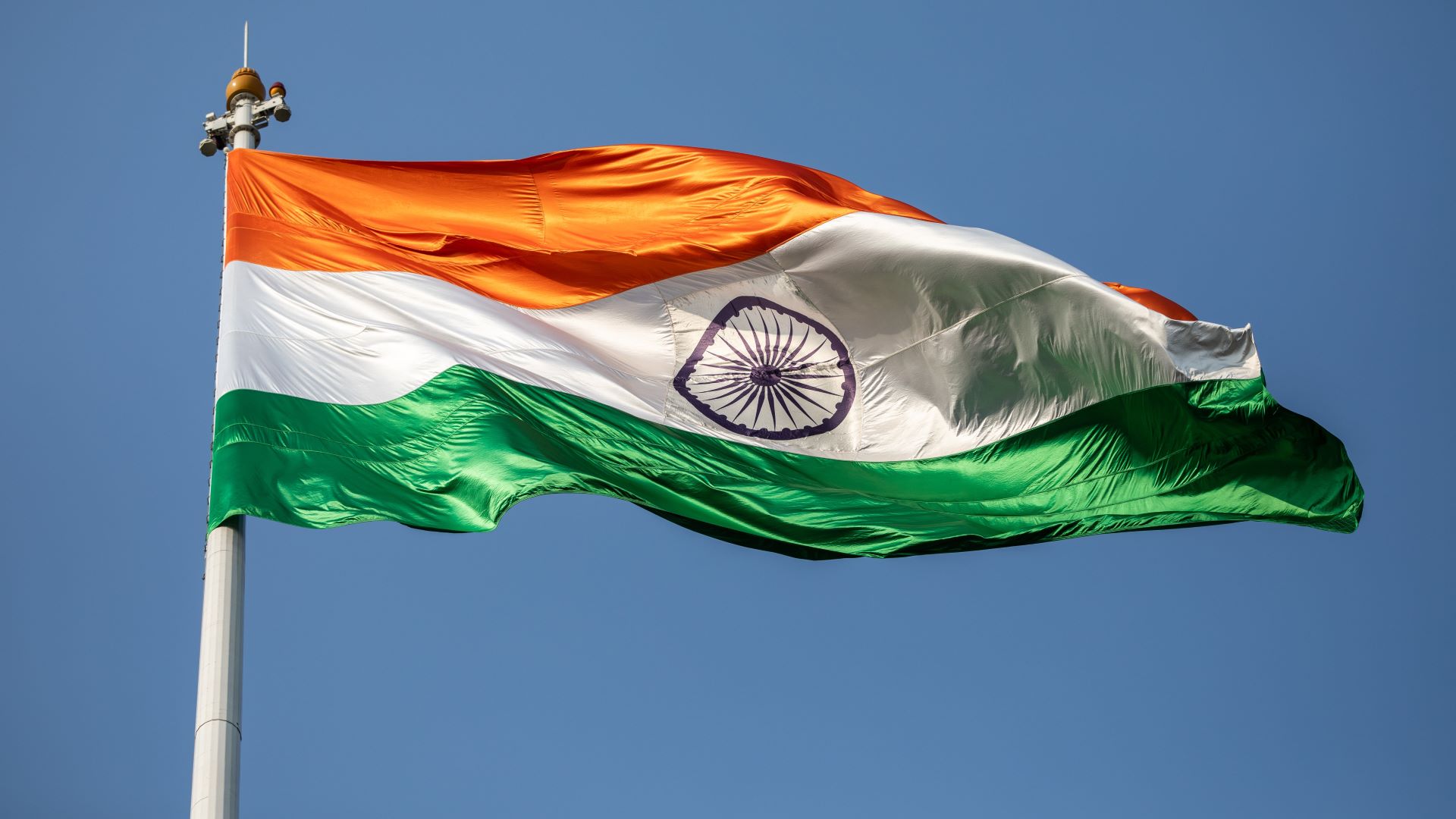
India
Using a VPN is completely legal in India—plus, the Indian government hasn’t placed any restrictions on the type of content that can or cannot be accessed using a VPN. In short, there are no fines or punishments attached to VPNs in India.
The only catch is to not use a VPN with physical servers in India. This is because, in 2022, the Indian government instructed all VPN providers to store user data and share it with the authorities if they wished to have physical servers in the country. Following this move, all reputed VPNs like NordVPN and ExpressVPN shut down their servers in the country and now offer virtual servers located outside India but in nearby countries such as Nepal and Bhutan.
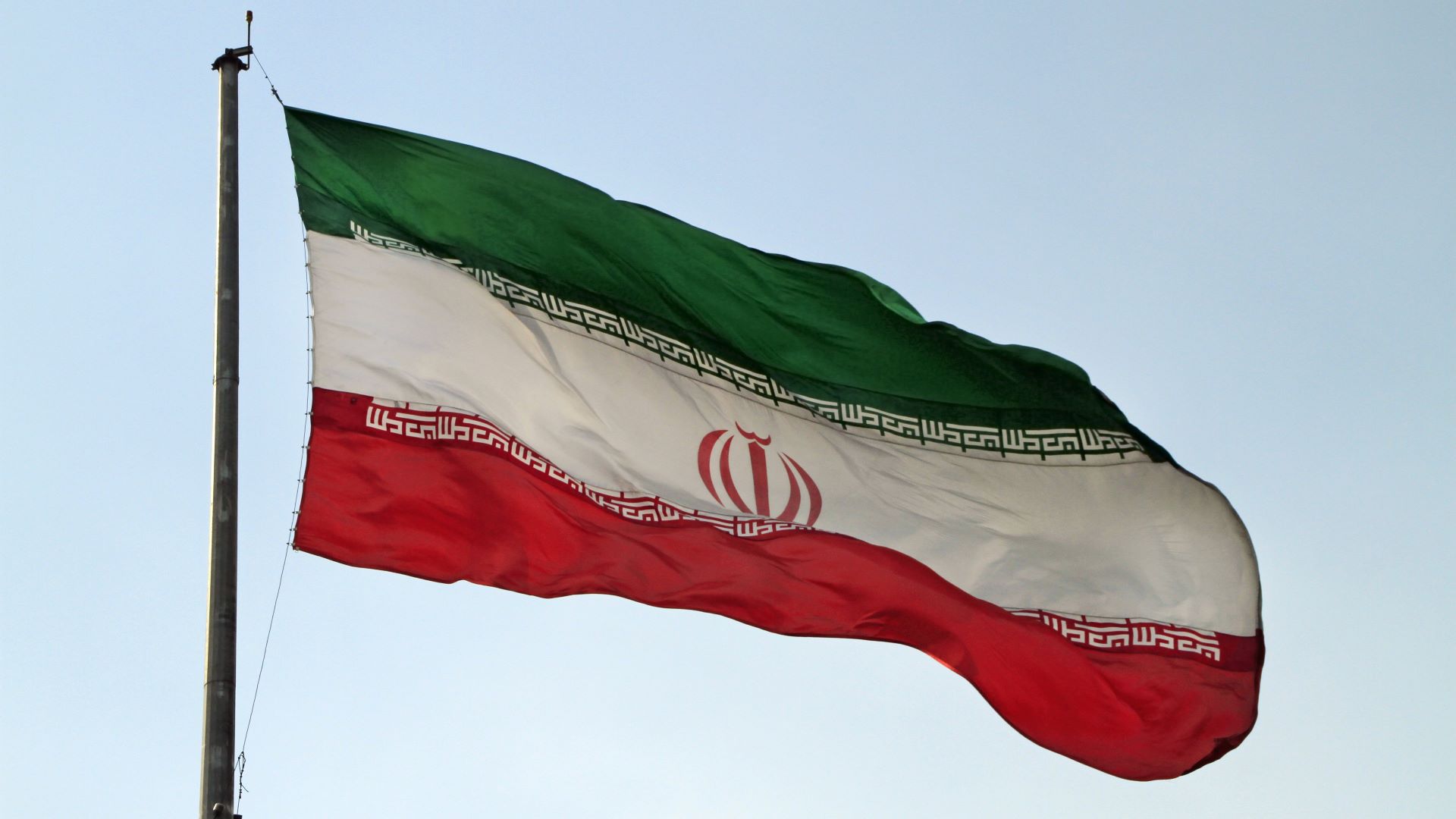
Iran
You can legally and safely use only government-approved VPN providers in Iran, which is a concern because these services are instructed by the government to monitor users, log their data, and hand it over to the authorities.

Egypt
VPN laws in Eqypt are almost identical to Oman’s and the UAE’s—VPNs are allowed but with restrictions. These include blocking access to VoIP services such as Facebook Messenger, WhatsApp, FaceTime, Skype, and Viber for security concerns, as well as restricting access to content that the government considers inappropriate for its citizens.
It is also worth noting that the government monitors and censors online activity, so while going against the government’s wishes and accessing restricted content is already incredibly difficult, if you manage to find a way through and are caught doing so, you might face serious fines or jail time.
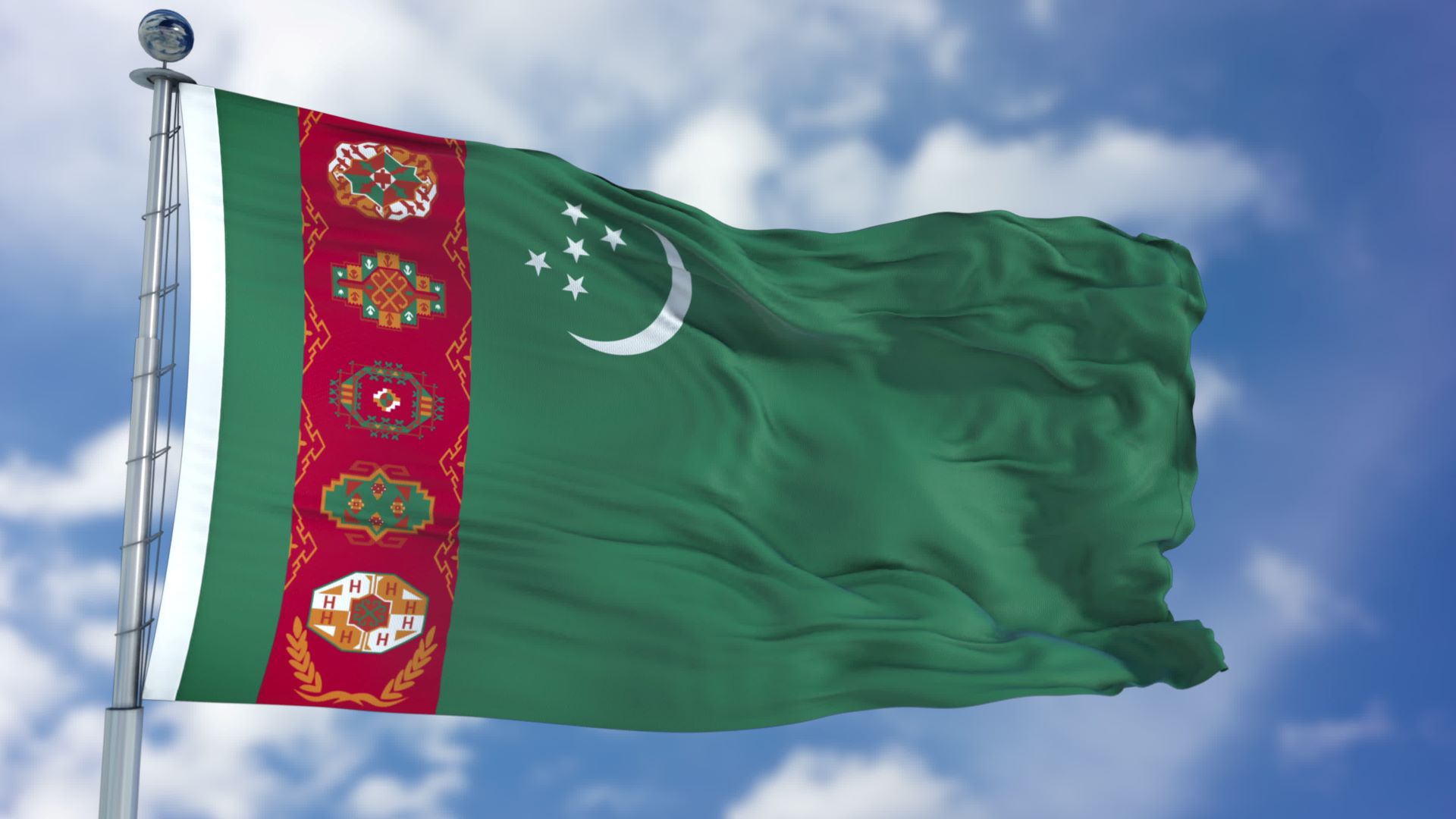
Turkmenistan
A landmine for internet users, Turkmenistan has not only completely blocked and illegalized all VPNs, but it has also banned social media platforms like WhatsApp, Facebook, Viber, and Twitter. Next, to maintain tight control over the internet, the government constantly monitors the online activities and social media traffic of its citizens—so, it is extremely difficult to bypass content blocks, even with obfuscated servers.
There have been reports of citizens being arrested in Turkmenistan for using a VPN and accessing content on social media that’s not aligned with the government’s agenda. In one of the most extreme cases of a VPN ban, the Turkmenistan government has also hiked internet prices in an attempt to discourage people from using social media.
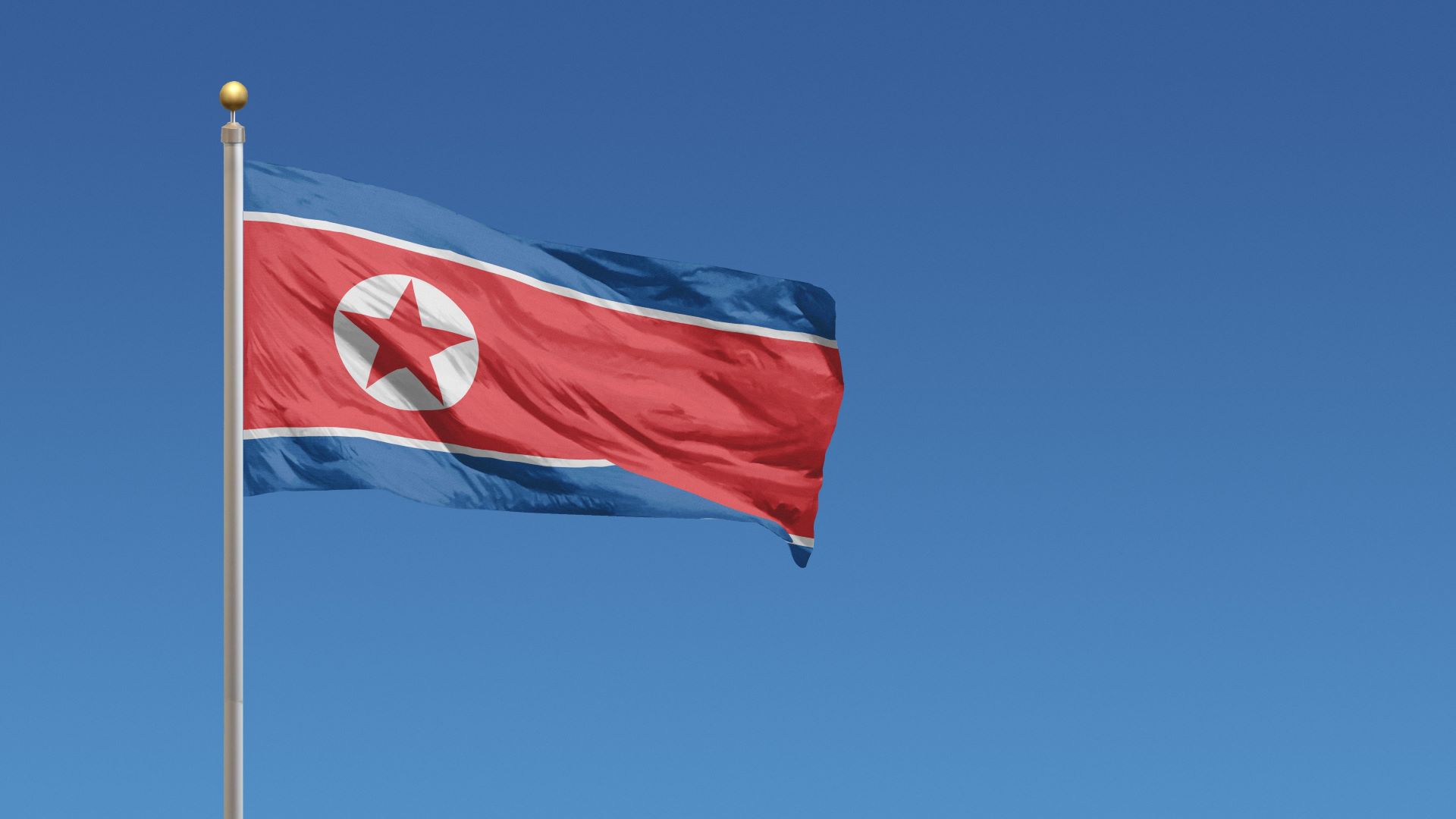
North Korea
As one of the most repressive countries in the world, it is no surprise that VPNs are illegal in North Korea. Not only that but even the internet as we know it is unavailable to North Koreans—they can only access the national intranet called Kwangmyong. The government does not want its citizens to access outside news, so it has put in place severe penalties for those caught using a VPN or any other internet circumvention tool.
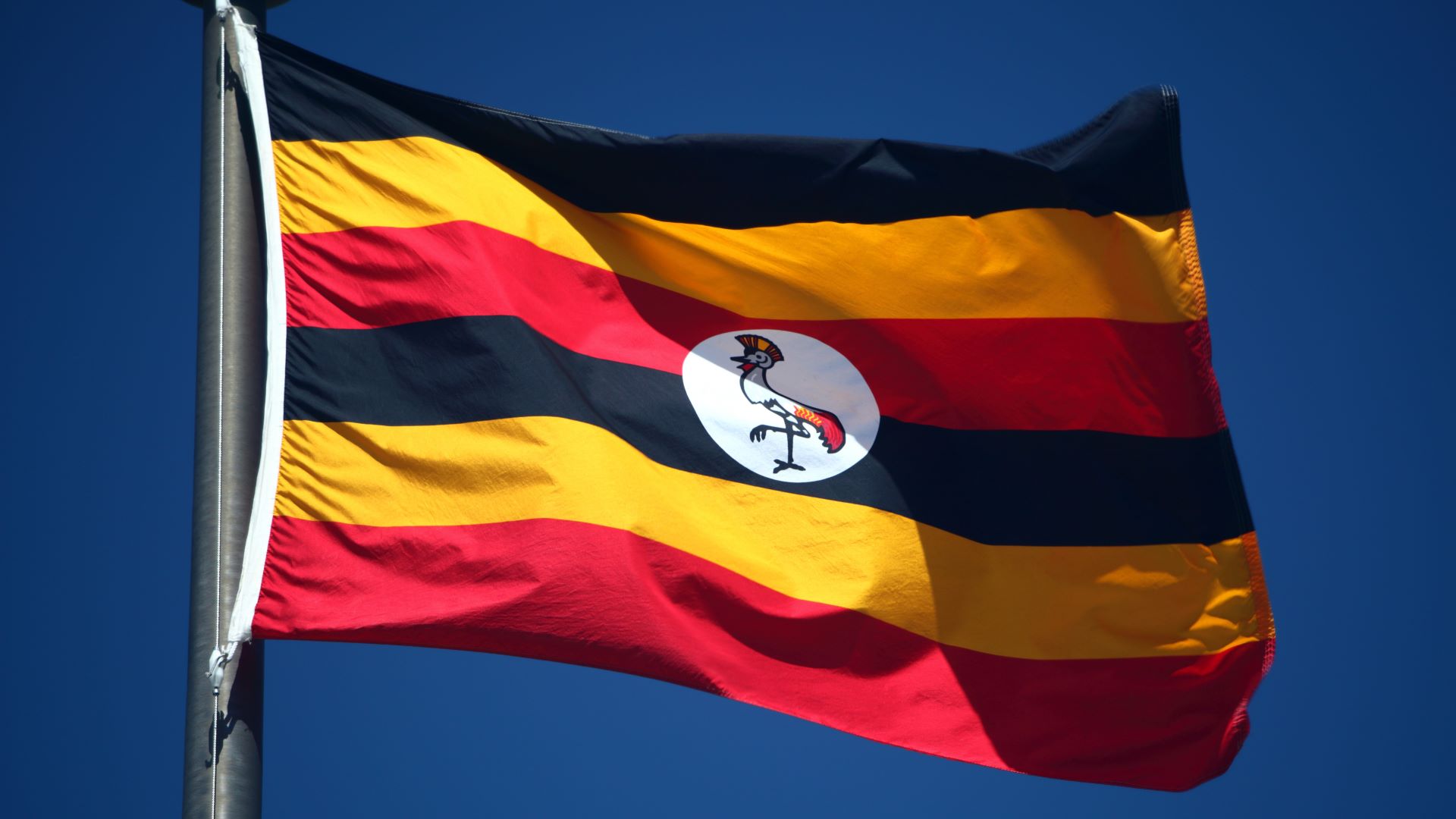
Uganda
Uganda is perhaps the only country that has attempted to block VPNs for economic reasons. Recently, the government introduced a social media tax where it would tax its citizens for using social media platforms—a move like no other and baffling, to say the least.
Naturally, using a VPN is an excellent way to circumvent this rule, which is why the government then instructed the ISPs to block VPN users. However, VPNs are so far completely legal in Uganda, so all you have to do if you are in Uganda is pick a VPN provider with good obfuscation.
Is it legal to use a VPN to access content blocked in my region?
Whether or not it is legal to use a VPN to access region-blocked content depends on where you are, and what content you are trying to access. For example, if you are on your school or work computer trying to bypass blocks put in place by your school or organization, it won’t be illegal but depending on how strict the authority is regarding those restrictions, you may find yourself in trouble for it—but no heavy fines or punishment, of course.
Next, if you are trying to get around content blocks put in place by a streaming service, a video game, or an online shopping website (to avail of discounts), for example, this, too, won’t result in any legal action. However, since you would most probably be in violation of the service’s terms and conditions of use, you can have your account terminated.
Streaming services like Netflix and Prime Video offer different libraries in different locations, but if you are dead set on accessing foreign content, including games you can only play with a VPN, choose from our list of the best streaming VPNs and best gaming VPNs as they come with powerful unblocking and obfuscation capabilities—meaning they can hide the fact that you are using a VPN, so the service then can’t detect your VPN traffic, let alone ban you.
Lastly, and the only scenario where trying to access restricted content may be illegal, is when you are trying to access content blocked by your government. Countries like China, Russia, Turkey, Oman, and the United Arab Emirates allow VPNs to operate but instruct them to block certain content such as news channels, pornography, and social media platforms—either to suppress dissent and anti-government sentiments, maintain national security, ensure that the citizens’ online habits are in line with the nation’s moral ethics, or control the internet in general.
If you’re caught using a VPN trying to access restricted content, it can result in fines or even jail time. Then there are countries like Belarus and Iraq that have completely banned all VPNs and you may be punished or have your device confiscated for simply having a VPN installed on your device.
The best foot forward is to always stay informed about the laws dictating VPN usage in your country or the country you are visiting.
Can you get caught using a VPN?
Yes, you can get caught using a VPN. Although VPNs do a great job at masking your real IP address and replacing it with a fake one as well as encrypting your data to make it unreadable to hackers, ISPs, and government authorities, they cannot hide the fact that you are using a VPN.
This means that while your internet service provider (ISP) can’t look into your browsing data and find out what you are doing online, it can easily see that your internet traffic is being encrypted by a VPN.
So, if you are in a country where using a VPN is illegal—Turkmenistan or North Korea, for example—your ISP can report that you are using a VPN to the government authorities, which is likely to have legal consequences, including fines and imprisonment.
However, you will be glad to know that there is a tried and tested workaround—using a VPN with obfuscated servers. In simple terms, obfuscation makes your VPN traffic look like a normal connection, meaning that the fact you are using a VPN stays hidden. Additionally, it also allows you to bypass VPN blocks and use the VPN service in countries that have otherwise banned VPN use.
However, it is crucial that you pick a provider with excellent obfuscation—otherwise, you risk exposing VPN traces in your connection which could then be picked up by your ISP. If you are after a quick answer, go for ExpressVPN, NordVPN, or Proton VPN. For more details about the providers, check out our most secure VPNs page.
VPN FAQs
Are VPNs legal?
Using a VPN is legal in most countries of the world, but the situation is a lot more complex in other countries. For example, China and Russia only allow government-approved providers—every other provider is banned. Additionally, these countries, including Egypt, Oman, and the UAE block certain content, websites, and social media platforms for various reasons—and although using a VPN in these countries may be legal, using one to access government-restricted content such as the above can be illegal.
In short, in the majority of countries, it is not so much a question of whether the VPN provider is illegal but what you do with it—so, even in countries that do not place any restrictions on VPNs and the internet in general, using a VPN to perform an illegal activity is still illegal.
Exceptions to this rule are countries like Belarus, Turkmenistan, Iraq, and North Korea that, to maintain airtight control over the nation’s internet, have completely banned and illegalized all VPNs.
What can happen if you use a VPN illegally?
Depending on where you are, if you are caught by the government authorities using a VPN for illegal purposes such as accessing content banned by the government, you may have to surrender your device or pay heavy fines ($2,500 in Myanmar and up to $550,000 in the UAE, for example). Additionally, you can also be imprisoned for anywhere between a few months and a couple of years, depending on how strict the government is.
However, generally speaking, it is highly unlikely that you will be put in jail for, say, using a VPN to unblock WhatsApp. Still, we suggest that you err on the side of caution and only use credible VPN providers with strong obfuscation, especially if your intended use case is not in line with the government’s (either your own or where you are traveling) wishes.
Is using a VPN safe?
All of the VPN services mentioned in our guides are extremely safe to use. Our in-house team of experts test VPNs daily and only selects those that employ strong encryption, support the most secure protocols (WireGuard, OpenVPN, and IKEv2), come with a kill switch and leak protection, and boast a proven no-logs policy.
These are all important and simply put, non-negotiable criteria—so, if you want to ascertain first-hand whether a VPN is reliable, make sure it fits the above-mentioned description.
Is it illegal to use a VPN for streaming?
It depends on where you are. If you are in a country where the government has banned streaming services like Netflix, Prime Video, or BBC iPlayer, and you are trying to access any of them, then it may be illegal and result in heavy fines or even imprisonment—because you have trespassed the government’s instructions.
However, in a country where the government allows VPNs to operate freely—or even if it doesn’t but hasn’t placed any restrictions on foreign content—accessing geo-blocked content through a VPN will not be illegal. That said, it might still violate the streaming service’s Ts&Cs, so your account can be terminated.
Where are VPNs illegal?
VPNs are illegal in Belarus, Iraq, Turkmenistan, and North Korea. If you are caught with a VPN in any of these countries, you can land in jail, or have to pay massive fines, or sometimes even both.
Then there are countries like China, Russia, Turkey, Oman, and the UAE where although VPNs are not illegal, what you try to access using a VPN may be. For example, most of these countries have banned offensive, anti-government and pornographic content—so, if you are found using a VPN trying to access such restricted content, it will be considered a crime and may attract huge penalties, including imprisonment and job loss.
We test and review VPN services in the context of legal recreational uses. For example: 1. Accessing a service from another country (subject to the terms and conditions of that service). 2. Protecting your online security and strengthening your online privacy when abroad. We do not support or condone the illegal or malicious use of VPN services. Consuming pirated content that is paid-for is neither endorsed nor approved by Future Publishing.
Get instant access to breaking news, the hottest reviews, great deals and helpful tips.

Krishi is a VPN writer covering buying guides, how-to's, and other cybersecurity content here at Tom's Guide. His expertise lies in reviewing products and software, from VPNs, online browsers, and antivirus solutions to smartphones and laptops. As a tech fanatic, Krishi also loves writing about the latest happenings in the world of cybersecurity, AI, and software.
- Olivia PowellTech Software Commissioning Editor
 Club Benefits
Club Benefits





